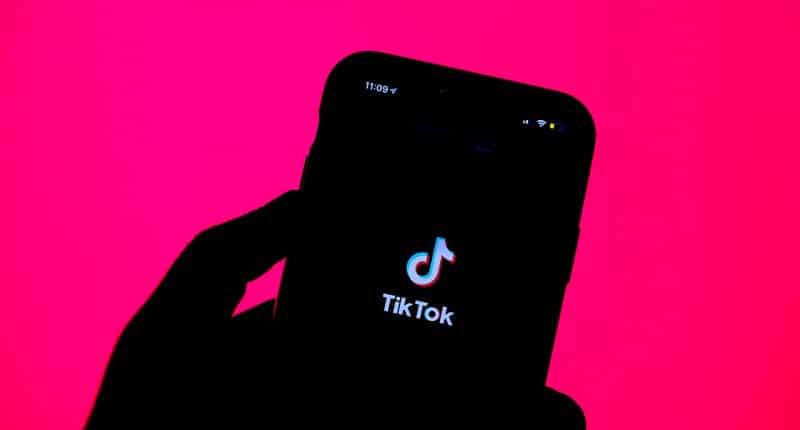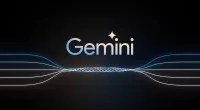A major breakthrough has emerged in the negotiations over TikTok’s US operations – the US government will not take an equity stake or a “golden share” in the new entity that is to assume control of ByteDance’s American business. A White House official clarified this point during a briefing on Monday, offering new transparency into a deal crafted to address national security concerns without granting the government direct formal control.
Under the proposed framework, companies such as Oracle and private equity firm Silver Lake (and potentially Lachlan Murdoch and Rupert Murdoch) will be among those acquiring a controlling interest in TikTok US, while ByteDance’s ownership stake is to be reduced to below 20%. Oracle will be charged with supervising and monitoring TikTok’s algorithm and data to ensure it cannot be misused. Six of the seven board seats will be held by American investors; none will be selected by the US government. Oracle is set to be responsible for security oversight of the algorithm and US user data. The deal is designed to comply with a 2024 law that requires ByteDance to divest its US platform operations or face a ban (the law had been enacted under President Joe Biden). The executive order expected to be signed later this week is slated to provide a 120-day window for finalizing operational and regulatory implementation of the spin-off.
While many key terms are now public, several finer points remain under negotiation—among them the precise mechanism for algorithm licensing or leasing, how training and retraining of the algorithm will be managed, and oversight mechanisms to ensure US control over data. Chinese regulators are reported to have signaled tacit approval of the framework, but formal assent has not been published. Regulatory approval in both countries is still required.
By declining a golden share or equity stake, the US aims to address long-standing concerns about overreach and precedent. Government ownership or special voting rights would raise questions about regulatory burden, liability, and the separation of powers, especially given legal challenges around free speech and foreign influence. This allows the US to assert control over data, algorithm oversight, and national security risks while avoiding being cast as an owner, which could complicate both domestic legal constraints and international trade obligations.
For ByteDance, reducing its stake to under 20% means losing majority control and being pushed into a diminished but still present role. Leasing or licensing the algorithm rather than transferring full ownership may allow ByteDance to maintain some influence or earn revenue from intellectual property, but it also places it under heavy scrutiny, particularly around how much say it retains in ongoing development. The shift could also force internal reorganization, especially in engineering and data flow, as a US-specific version of the algorithm and operations have to be insulated both legally and technically. And for TikTok’s 170 million US users, the deal promises tighter oversight of how their data is handled, including where it is stored, who controls it, and how the recommendation systems function. If implemented as outlined, the model could reduce risks of foreign government access or manipulation.
The Tech Portal is published by Blue Box Media Private Limited. Our investors have no influence over our reporting. Read our full Ownership and Funding Disclosure →






